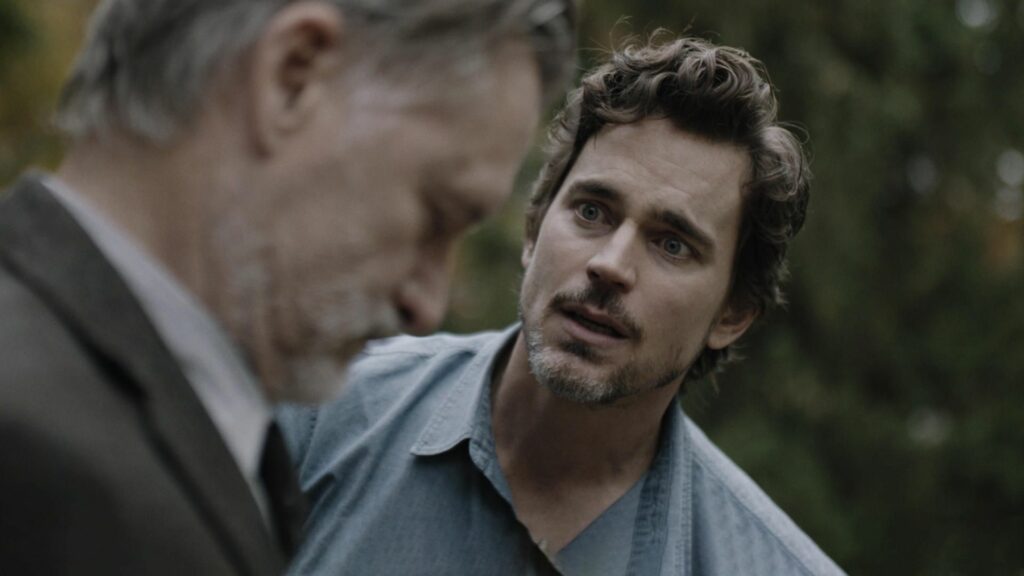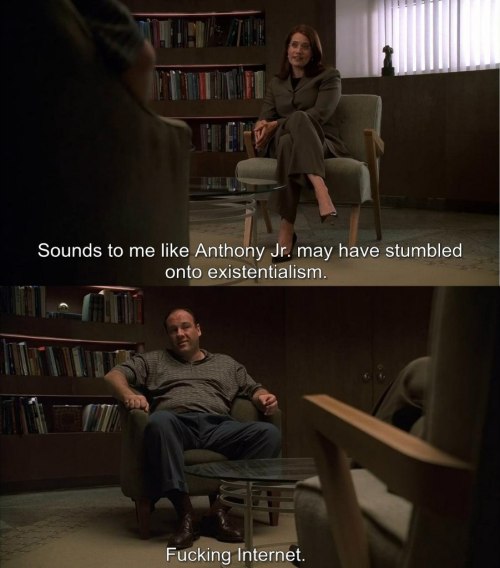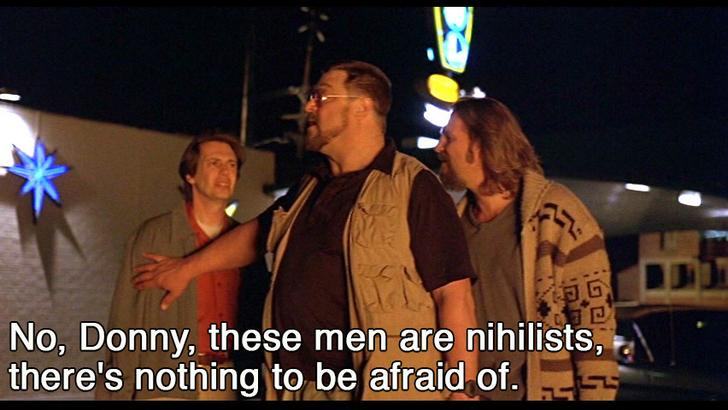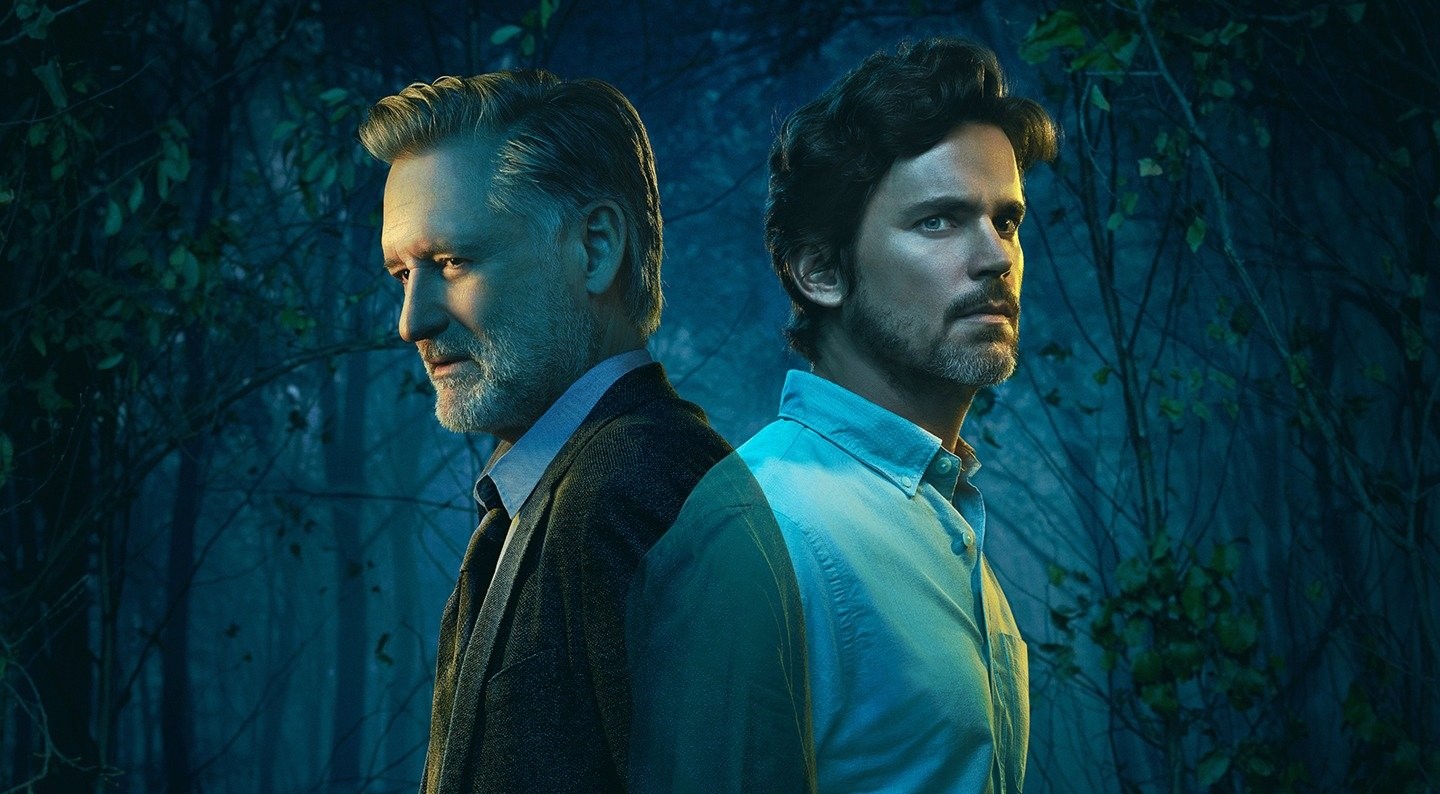The Sinner very quickly threatened to feel stale. After the decision was made to continue the show past the novel on which it is based, to turn a limited series into an unlimited one, the unique way the series told its story, an almost anti-mystery, quickly shunning the usual detective show formula, became a formula in and of itself. The second season was fine but it soon became apparent just how closely it would follow the path of the first: starting with the crime and delving into the ‘why’ instead of the ‘who’ and ‘how’. Season 3 however, while seemingly similar at first, twists and contorts this formula in a fascinating way. It’s the season of the show that divides people, a real love or hate reaction, and I find myself divided on just how much it works.
The third season of The Sinner is a unique philosophical mystery. As usual, we get the opening crime, see who commits it, and the show starts to ask why it happened. But unlike the past two seasons, this doesn’t mean delving into backstory to find literal traumatic events that led the killer to commit a retaliatory, almost subconscious crime. There are very little of the standard police investigation mysteries and plot reveals. The show plays its hand early.
Season 1 managed to be satisfying and well-paced while keeping the reveals back until the last two episodes. Season 2 struggled and had to create new mysteries by the end to keep people engaged: no, it turns out that person isn’t dead, then a week later they are dead just to have a new killer to hunt. Instead, with season 3, we get eight episodes of examining the killer’s mindset. Not just psychologically but philosophically. Their belief system, or lack of it.

The killer, Jamie, doesn’t have some grand past event that dominates his life, nor is he ever much of a victim. He just had a brush with nihilism. For a time at college he questioned everything, had an existential crisis, became obsessed with Nietzsche, and then moved on. But like everyone, he is haunted by these awkward, embarrassing bad choices at college. It’s just that for most people, those feelings of shame are about their terrible dress sense or saying the wrong thing that time at that party. For Jamie, it’s his understanding that the world just feels wrong. And the existential fear of growing old, being married, and starting a family flips that switch again until he reembraces the philosophy that makes him feel like he can gain some control, by admitting there is none, and living his life as his own god, an ubermensch, not bound by morality. We the audience come to understand this at the same time Jamie does, and then later Detective Ambrose, with it threading throughout the eight episodes as a philosophical mystery.
Yet while Jamie tries to conquer fear and claims to be some transcendent Nietzsche superman, he ends up nothing but a terrified pitiable character bleeding to death and petrified of the fact. I’ve seen complaints that Jamie’s outlook is the weakness of the season because it is so shallow. And it is shallow. He’s like a teenager one lesson into a philosophy course suddenly pronouncing that he now understands the nature of existence. It’s supposed to be shallow. The show is not supporting his way of thinking but rather exposing how people can fall into it. Jamie is a fool and his final moments confirm this. The philosophy of school shooters is laughable, weak people trying exert power, but that doesn’t mean they aren’t dangerous, and Jamie is the same.
You don’t often see this type of philosophical mystery on television and perhaps there’s a good reason. As the season entered its second half, it felt like the writers understood why this isn’t done. It turns out debating nihilism isn’t all that exciting. Such a fresh story suddenly had to inject generic cop show staples to keep it superficially engaging, making the most unique season the one that felt the most generic. Throw in an extra murder halfway through, then in the final episodes there are kidnappings, children held at gunpoint, our hero getting shot and then recovering a few seconds later, Jamie managing to flee from cops but not being fast enough to catch the hobbling, arthritic detective. Instead of being left to ponder the philosophical ideas, I was left scoffing at a multitude of practical issues.

The way The Sinner usually goes is that the suspect looks less and less guilty as the season goes on and we understand why they did what they did, is partially exonerated, and Ambrose feels more sympathy with them as the case cathartically helps him confront his own issues. Here we get the inverse. Jamie is presented as more and more guilty as the season progresses and identifies more with Ambrose while he tries to bring the killer to justice. I like this for Jamie but I don’t for Ambrose, and this is where the season falls apart: how much sympathy there is for Jamie and when it’s highlighted.
The show gets the escalation of Jamie wrong. Nick’s death is understandable to an extent, and then the following murders go up in steps of severity. Or at least they should. Jamie killing the psychic four episodes in is too much too fast. It may be something inserted to give the plot some life but it damages the characterisation. That’s the point of no return: after that, there is no sympathy for Jamie. Which would be fine if the show acknowledged it. I didn’t find the weird kid and his permanently scrunched up face sympathetic in season 2 so I liked that season 3 countered that by purposefully creating an unsympathetic character, until I realised they were trying to be empathic towards him. Even after the psychic’s death, the show acts like Jamie is worthy of sympathy until the chief of police is murdered in the penultimate episode. I never found Jamie sympathetic and like that as an idea for a twisted season of this show. He is a pitiable character we see unravel, and that works, but the show is so intent on being empathetic towards him for too long.
While I think this story as a season of The Sinner, purposefully shaking up its formula, makes it more interesting, it also holds it back. It suffers by the writers desperately trying to force Harry Ambrose into a mentality he just doesn’t fit. I like Bill Pullman and his weird awkward portrayal of Ambrose, now hobbling around, clearly a damaged man, but I don’t buy that Harry has the same issues as Jamie, that he would feel sympathy for him to this extent. Sure, they are both scared and want to conquer fear, but that’s too vague.

Harry and his actions have been ruled by empathy for the past two seasons, the will to help people, and him suddenly feeling nihilistic and that nothing matters doesn’t gel. But for the season to progress he has to get personally wrapped up in it, culminating in a ‘we’re not so different, you and I’ generic cop/killer storyline. While on one hand that works as a twist on the previous seasons where Harry was imprinting on the killers, and now it is vice versa, there’s just not enough meat there to sell it. The anticlimax of Harry opening the box of his father’s possessions, a scene I liked a lot, should have been the end of his brush with Jamie’s philosophy. I hated him holding Jamie as he died and replying to the killer’s “I’m not a bad person” with “I know.” At that point Jamie needed to be condemned entirely.
It’s such a shame the third season of The Sinner just couldn’t bring all of its ideas to a satisfying conclusion. It was almost something special. The writers recognised how to manipulate the show’s formula into something recognisable but fresh, exploring the inverse of the regular beats, before falling back on a similar resolution that fell flat because of the radical shifts in the rest of the story. I don’t know if a fully philosophical mystery can work and I feel nor do the writers that attempted it, who had to turn to detective show tropes to wrap up the storyline. But I appreciate the attempt. I’ll take an admirable swing and a miss over another conventional season of television any day. Settling for that would be the greater sin.








